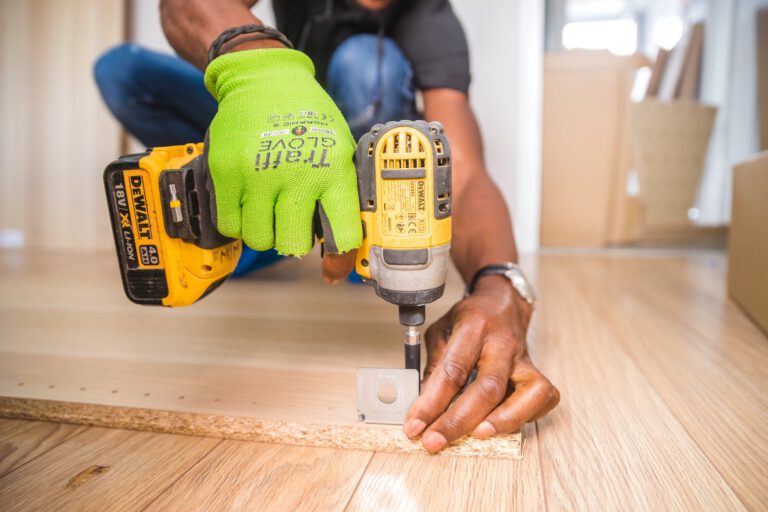Using Your Home as Part of Your Retirement Plan
On average, working Canadians typically retire at age 63; by all accounts, most of these newly retired people have about $1 million in retirement savings. But is that enough? A recent report shows Canadians now believe they need between $1.4 and $1.7 million in savings to comfortably retire.
For Canadians looking to top up their retirement savings, one option is to consider how to use their home as part of their retirement strategy.
While I go into the pros and cons of using your home as a de facto retirement plan in my book, House Poor No More: 9 Steps that Grow the Value of Your Home and Net Worth.
To help, here are five ways your home can be used as part of your retirement plan:
Downsizing
One of the most popular ways to use your home in retirement is to downsize to a smaller, more manageable property. By selling your current home and buying a smaller one, you can free up equity that can be used to supplement your retirement income.
Renting Out a Room
If you have extra space in your home, you could consider renting out a room to generate extra income. This is a good option if you are comfortable sharing your space with others.
Home equity loan: You could consider taking out a home equity loan to access the equity in your home. This can be a good option if you have a significant amount of equity built up, but be aware that it will increase your debt load.
Reverse Mortgage
A reverse mortgage is a type of loan that allows you to access the equity in your home without having to sell it. You receive regular payments from the lender, and the loan is repaid when you sell the home or pass away. This can be a good option if you want to stay in your home but need extra income.
As an Alternative To an Annuity
By paying off your mortgage before you retire, you can reduce your living expenses and free up cash flow for other expenses.
If the mortgage is paid in full, and your property earns income through a basement or rental suite, the income earned from this rental can then be used to pay retirement living expenses.
Bottom Line
It’s important to remember that using your home in your retirement plan should be done carefully and with the help of a financial advisor. You should also consider the tax implications of any strategy you choose.







